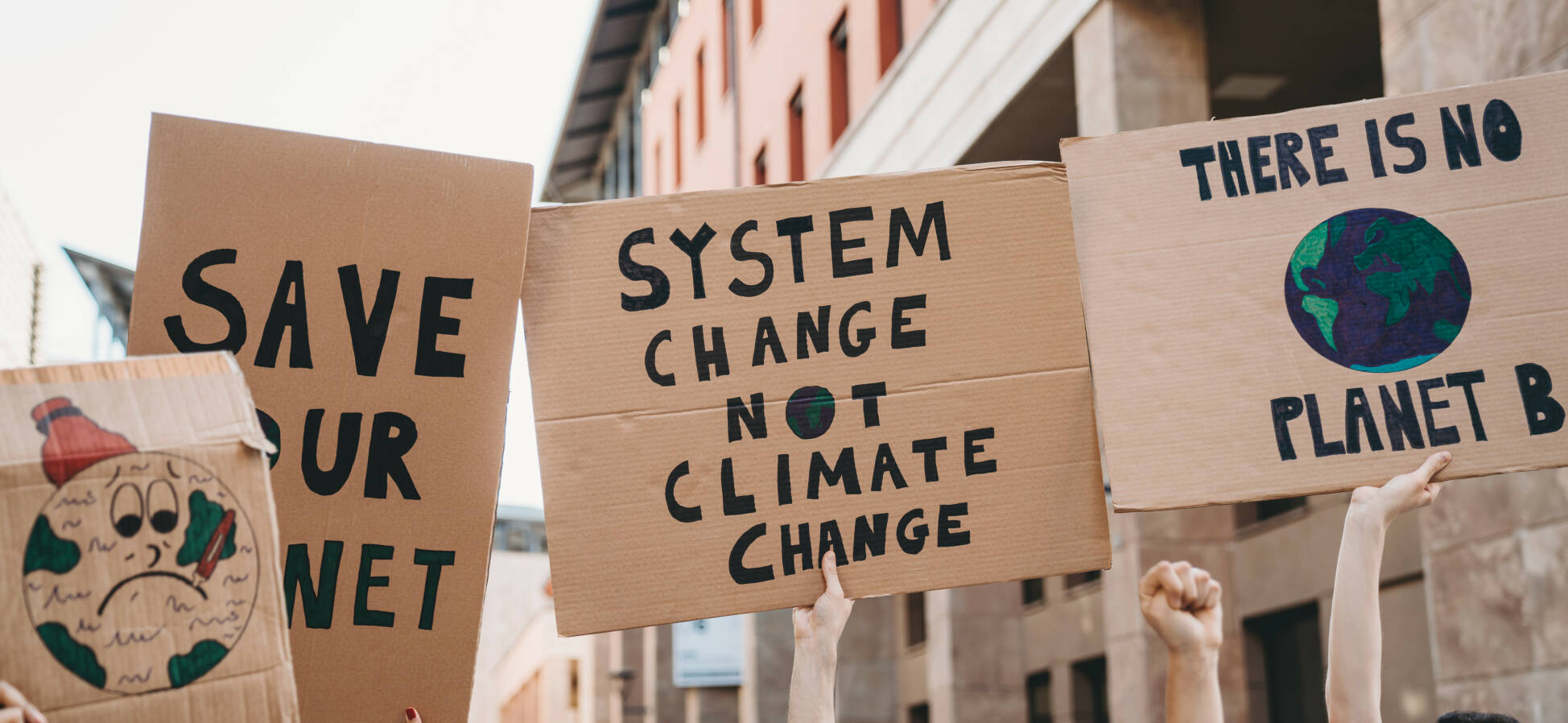Get the full report

Image: Getty Images (FilippoBacci)
As the race to dominate the renewable energy sector accelerates, increased military posturing and geopolitical manoeuvring is likely in areas with major deposits.

Image: Getty Images (Paul Souders)

More extreme climate conditions are almost certain to test global resilience over the next five years, by causing costly damage to infrastructure and disrupting critical supply chains. As the global climate continues to change, countries will also face cascading consequences that go beyond environmental risks and their immediate operational impacts. Increased resource competition, migration pressures and geopolitical tensions resulting from climate change, are very likely to pose strategic risks to businesses by threatening international security and stability.
Some of the more severe consequences of climate change are already unfolding. Record-breaking land and ocean temperatures are being observed at an increasing rate, leading to more frequent and deadly heatwaves, floods and wildfires. Most experts believe that the critical temperature threshold of 1.5 degrees above pre-industrial levels will probably be breached at least once by 2027. And that multiple climate tipping points would occur as a result, accelerating the current warming trend and causing abrupt and potentially irreversible changes to the global climate system.
Disruption to the global economy, societies and ecosystems, brought about by such shifts, is likely to be considerable. Currently, extreme weather puts around $80 billion of global trade at risk each year by shutting down ports or rendering them inoperable – a figure that will very probably increase. Climate scientists are also warning that the global temperature rise will expose a third of the global population to less favourable climate conditions by the end of the century. Potential consequences, experts suggest, will include higher mortality rates, more food insecurity and less productivity.
Climate Change
Beyond the Rubicon

Readiness: a country’s ability to leverage investments and convert them to adaptation actions
Economic readiness: readiness of a country’s business environment to accept investment that could be applied to adaptation in the form of business formation and maintenance
Social readiness: captures the social factors that enhance the mobility of investment to be converted to adaptation actions
Governance readiness: captures the institutional factors that enhance application of investment for adaptation
